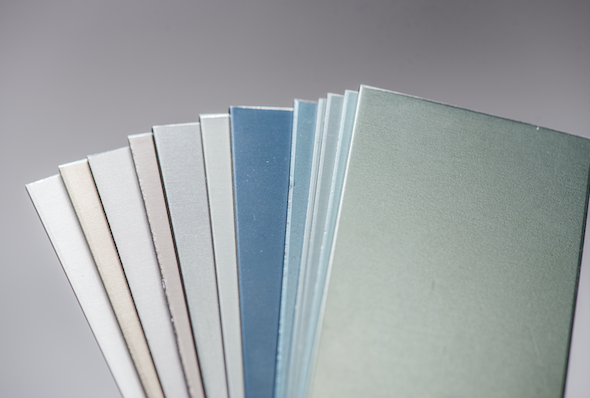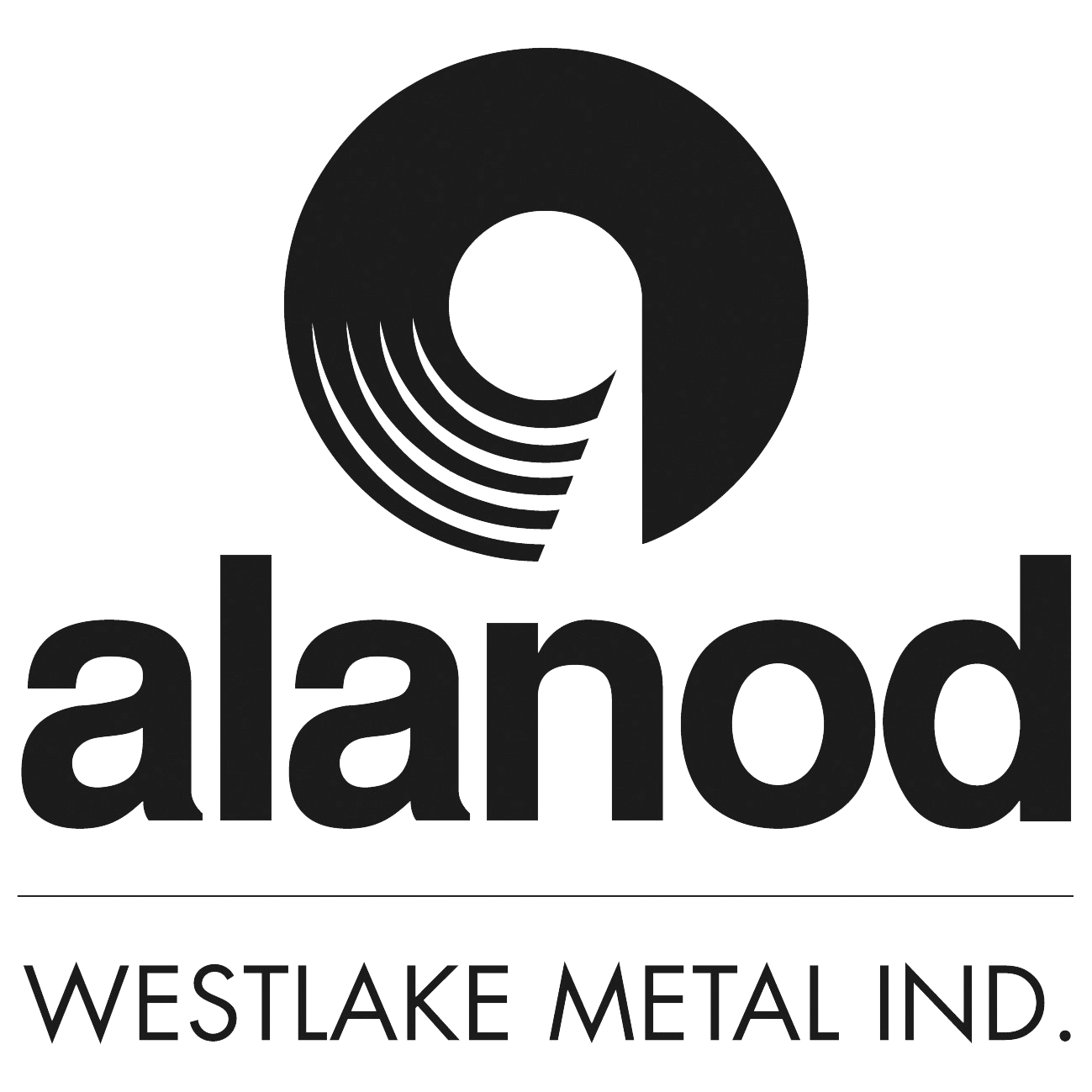Technologies
Expertise in Coil-Coating Technologies
Your Expert Metal Coil-Coating Manufacturer
Alanod-Westlake offers our knowledge, capabilities, and technologies when it comes to metal surface finishes. Our finishes offer wide-ranging benefits including:
- Unrivaled material qualities
- Pretreated coil metals or panel blanks which provide cost advantages
- Our products are ready for immediate use
Aside from our state-of-the-art coil-coating line in Germany, we also work with a number of domestic coil-coaters and offer preprinted solutions both inside and out of the lighting industry.
 Custom Product Characteristics to Fit Your Application
Custom Product Characteristics to Fit Your Application
- Long-term stability
- Maximum reflectivity
- High absorbency
- Electrical conductivity
- Electrical insulation
- Scratch resistance
- Patterned
- Colored
- Suitable for back injection molding with plastic
- Printable
- Ready to use by HPL/CPL
- Formable
 Anodizing
Anodizing
Anodizing is the electrical oxidation of metals. This electrochemical process involves altering the properties of the metal with sulphuric acid which strengthens the surface while also allowing us to change the characteristics of the metal including reflectivity and color. Anodized aluminum surfaces are therefore used wherever long-term stable, resistant surfaces, and a decorative appearance are required.
Anodized metals also provide a 100% metallic look compared to the metallic paint systems that try to mimic the anodized look. Unlike painted metal, the color actually becomes part of the anodized metal. This reduces the likelihood of the color chipping away.
PVD Coating
Physical Vapor Deposition or PVD is a process in which a variety of metallic materials are vaporized which then results with metal ions covering the metal coils with extremely pure and high-performance coatings. The purpose of PVD coatings is to provide durability, scratch resistance, and aesthetic decorative finishes.
This results in surfaces that are not only decorative but also boast excellent mechanical properties. PVD coated metals are therefore used in the electronics, lighting, and solar industries.
Primer and Lacquer Systems
Our modern lacquering system is the finishing touch for all of our high-quality decorative and technical products. We use the coli-to-coil method where aluminum and other metal coils can be refined with highly transparent, clear lacquer systems by roller application. This improves the anti-corrosion protection with only a minimal reflection loss.
Opaque or translucent lacquers provide our materials with a unique aesthetic character. Likewise, our lacquers provide qualities such as scratch resistance, chemical resistance, and anti-fingerprinting.
In addition, our special primer systems allow us to further process our products using co-injection molding with plastics, or laminating them with phenolic resin-impregnated papers.


